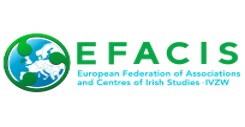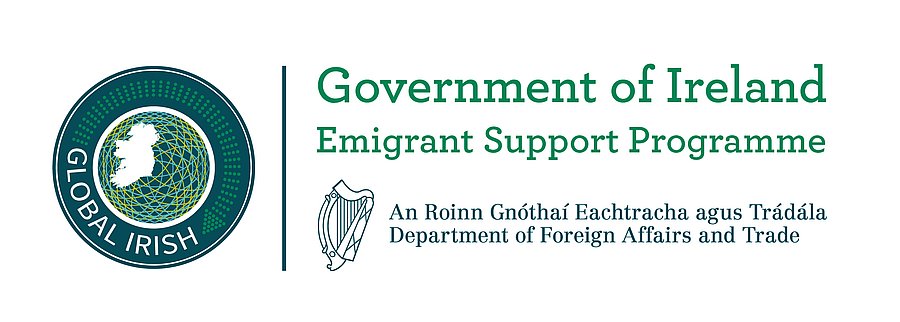On the centenary (1921-2021) of its existence and in the wake of Britain’s political secession from the EU (2016-2021), the political border that divides Ireland has acquired renewed significance within Ireland, in Europe and globally. In the context of the economic and political ramifications of the Brexit, the need to understand borders and borderlands in Ireland, in their past and current manifestations, has become a pressing socio-cultural concern. The revival of interest in Ireland’s geographical border has led to reconsiderations of other types of borders, boundaries, barriers, walls, frontiers and divisions within Ireland and its diasporas across various cultural fields, such as in history, geography, the law, sociology, the media, the theatre, literature, and film. It has also motivated public and academic discussions about how to overcome the challenges borders represent.
In recent criticism, experts from different academic disciplines have analysed the history of the Irish border and Irish borderlands, reflected on its geographical, sociological and cultural implications and interpreted its historical and contemporary representation. The aim of this international and interdisciplinary symposium at the Center for Narrative Research of the University of Wuppertal is to bring these different perspectives on the Irish border into a dialogue with each other. The flourishing field of border studies (e.g. Gerst, et al. 2021; Schimanski and Wolfe, 2017; Wille, et al. 2022; Wilson and Donnan 2016) and the well-established tradition of narrative research will provide the transdisciplinary context for the symposium's multi- and interdisciplinary approach to Irish border narratives. As travelling concepts (M. Bal) ‘border’ and ‘narrative’ will facilitate fruitful interdisciplinary exchange.
Starting from the premise that the meanings of factual and fictional narratives are subject to socio-historical change and that narratives contribute to modulating social processes and instigating change, we invite speakers to address such questions as: How have Irish border narratives from the past shaped present concepts of the border? How have border narratives of the past been sustained and adapted for the present fractious moment? How, by whom and in what discourses, genres and media are Irish border narratives currently shaped and circulated? What possible futures can be imagined where ‘that’ border might disappear, while new ones might come into existence? What other border lines – literal and metaphorical, political and social, moral and metaphysical, cultural and geographical – have shaped and are shaping narratives from and about Ireland? The answers elicited by these questions will be a first step towards a comprehensive, multifaceted analysis and interpretation of Irish border narratives in contemporary academic and public discourses.
This international symposium forms part of the larger effort of a group of Irish Studies experts, who have recently begun to co-operate in different contexts and projects with the aim of revitalizing the field of Irish Studies in Germany. The symposium is organized by Prof. Sandra Heinen, Prof. Katharina Rennhak and Prof. Lance Pettitt. It is funded by the German Research Foundation (DFG) and by the Irish Government (Emigrant Support Programme: Irish Studies). Lance Pettitt is the first “Travelling Visiting Professor in Irish Studies” who taught and researched at the University of Wuppertal during the winter semester 2021/22. The Travelling Visiting Professor in Irish Studies is a scheme funded predominantly by the Irish Government (Emigrant Support Programme: Irish Studies) and co-funded by the University of Wuppertal.
Registration: sekrennhak@uni-wuppertal.de
University of Wuppertal
English and American Studies
Gaußstr. 20
42119 Wuppertal
Germany
phone: +49 202 439 3858



